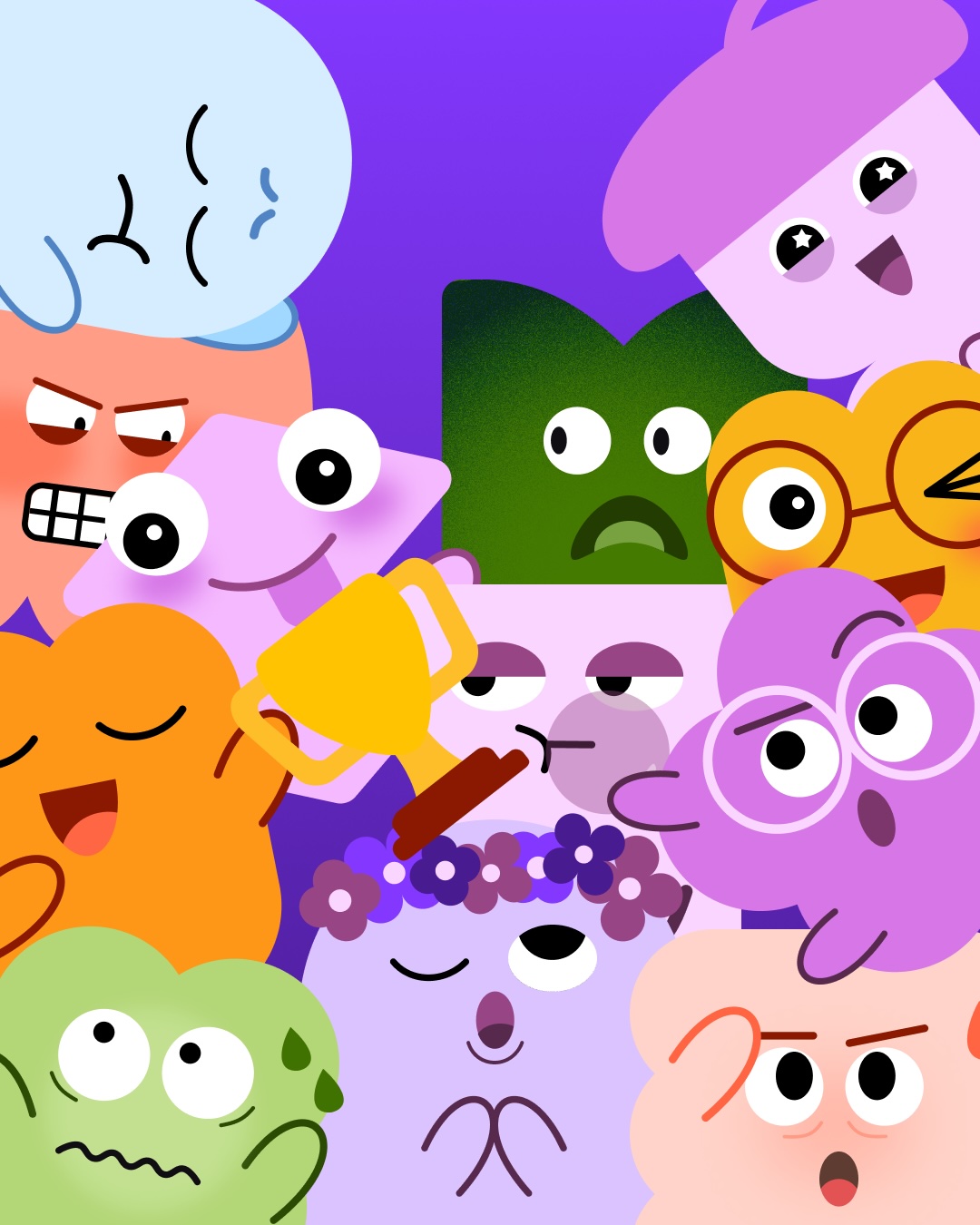Based in Missouri, Teri Chalker, a Licensed Clinical Social Worker (LCSW), is among the many excellent Hazel Health therapists providing care to students! We had the opportunity to sit down and chat with Teri about her background, hobbies, and why she chose a career with Hazel Health.
As we talked, it became very clear that Teri is genuinely passionate about working with students. During our conversation, Teri talked about her path to becoming a social worker, some of her favorite teletherapy strategies, and what it's like being a Hazel Health therapist.
Q: What made you choose a career in Mental Health?
A: My journey into mental health was anything but straightforward. Initially, I had planned to become a dietician. After completing high school, my dad (a devoted fan and KU alumni) wanted me to stay in state and attend his alma mater, Kansas University. Since KU did not offer a dietetics program at the time, I negotiated with my dad. I agreed to attend KU for a year, where I would explore alternative career paths. If I were still determined to become a dietician after a year, I would transfer to a university that offered a dietician program.
I attended an orientation during my freshman year and was placed into a social work interest group. The group facilitator suggested that my passion for talking to people would make me an excellent fit for a career in mental health.
My dad ultimately got his way, and I ended up loving all four years at KU. I graduated with a Bachelors degree in Social Work. I later received my Master's degree in Social Work from Southern Illinois University (SIU) Carbondale.
Q: What did you do before you joined Hazel Health?
A: I started my career as a school counselor, where I thoroughly enjoyed working in a school environment and helping students. As a school counselor, I had other responsibilities that took my time away from focusing on the students. I wondered if there was a way to work with children more exclusively while still making a significant impact.
One night, while scrolling through job postings, I stumbled upon Hazel Health, a teletherapy platform that offers mental health services in K-12 schools. I remember telling my husband, “this seems too good to be true!” Hazel was everything I had been searching for, and I knew it was too good not to try. Staying at the school would have been comfortable, but I knew I need to give Hazel a shot!
Q: You’ve been with Hazel Health for over a year now! How has your experience been so far?
A: Since joining the Hazel team over a year ago, I have been absolutely thrilled with my decision! Working at Hazel has allowed me to do what I enjoy most: connecting with children and making a real difference in their lives.
When I started at Hazel, I was surprised at how much of a connection I could make with students over an iPad. I was willing to give it a shot, but I had no idea the impact it would make.
I do miss being physically present with my students, but I have found that the distance doesn’t seem to bother them. Sometimes I tell the kids that if I were there with them, I would give them a big hug! This generation of children is no stranger to screen time, so connecting virtually feels familiar to them.
Q: Hazel recognizes that each provider brings a unique skill set. Do you have any specializations? If so, how have you incorporated that into your practice at Hazel?
A: Having previously worked as a school counselor, I bring a unique perspective to the Hazel team. I can relate to the school counselors who initiate contact with us because I understand the school environment and priorities. I want to be on an equal footing with the school staff.
In addition to my work as a school counselor, I also have experience in grief therapy from working in hospice. We see a lot of grief in schools. Many students have had a grandparent pass away or a sibling who committed suicide. We see a lot of anxiety, but we also see a lot of grief.
Q: What is your team like at Hazel Health?
A: I have really enjoyed the team aspect of working at Hazel. My team is always available for support and encouragement. I really feel like Slack is my office! When I need clarity or I just want to chat about my day, my team is there on Slack with encouraging responses like “We can do this! and “You’ve got this.” I never feel alone.
Q: What are some of your favorite therapy strategies?
A: Depending on the child's age, I use various therapy techniques during my sessions. Sessions might be geared more toward play or more towards education.
I use my whiteboard a lot! For younger students, from kindergarten to maybe second grade, I love to draw a suitcase, and together we fill the suitcase with items they can pull out and use when emotions get high. For example, if a child struggles with anxiety, I might help them fill their suitcase with calm-down strategies. This gives them tools they can use anytime, anywhere!
For older students, I draw out a feelings volcano. I explain to them that the volcano's top is where emotions explode! On one side, we write out calm-down strategies to use; on the other, we write triggers. I remind them that we really need to discuss how to keep their emotions from getting to the top of the volcano by identifying triggers. This helps the student have conversations with their parents and loved ones about the way they are feeling.








.png)






